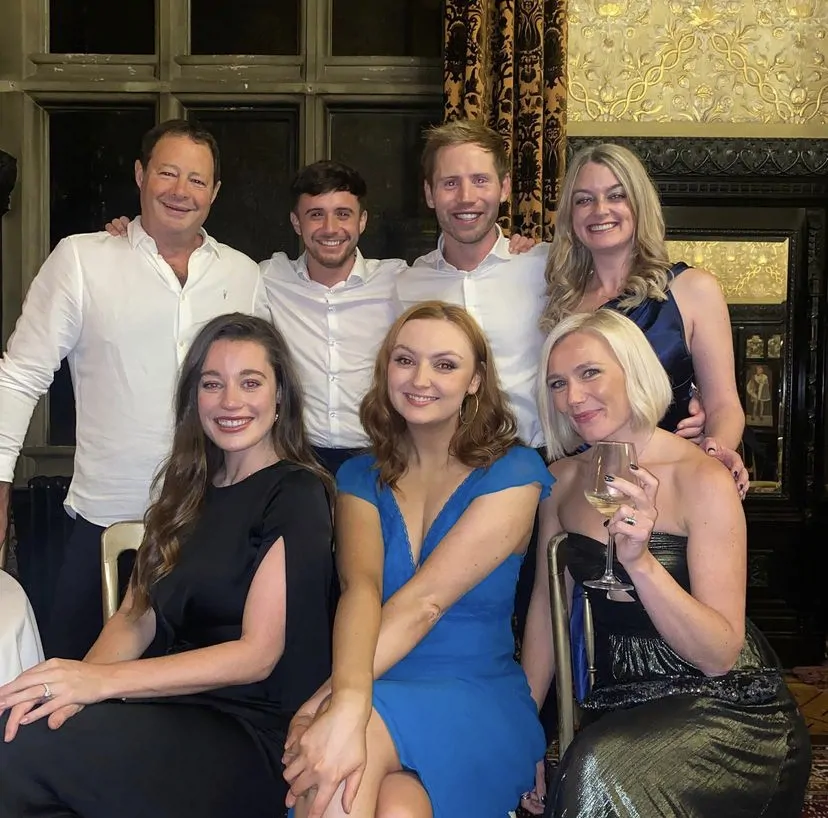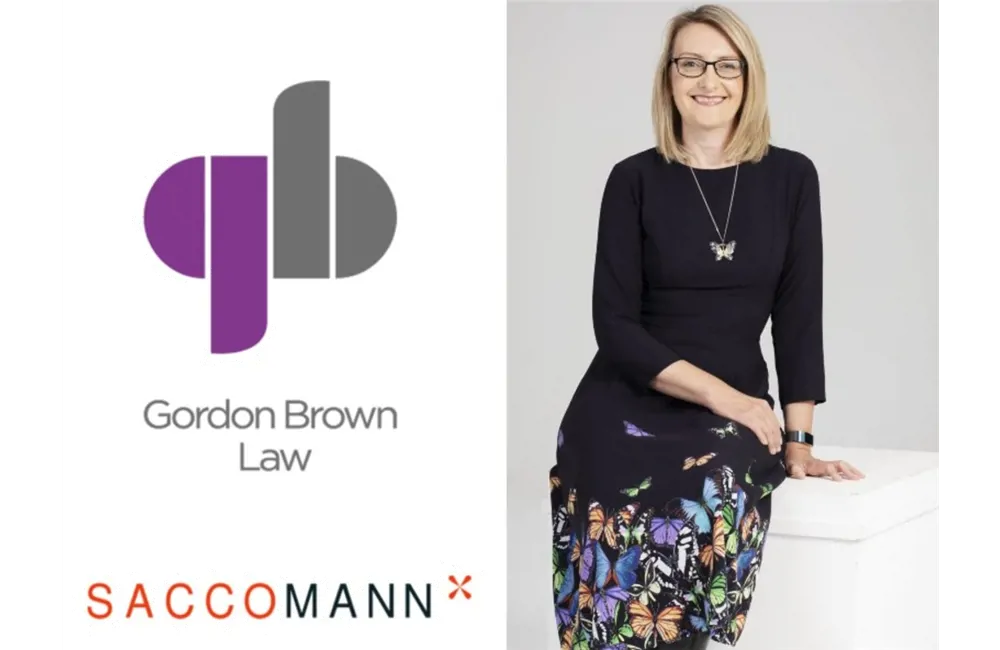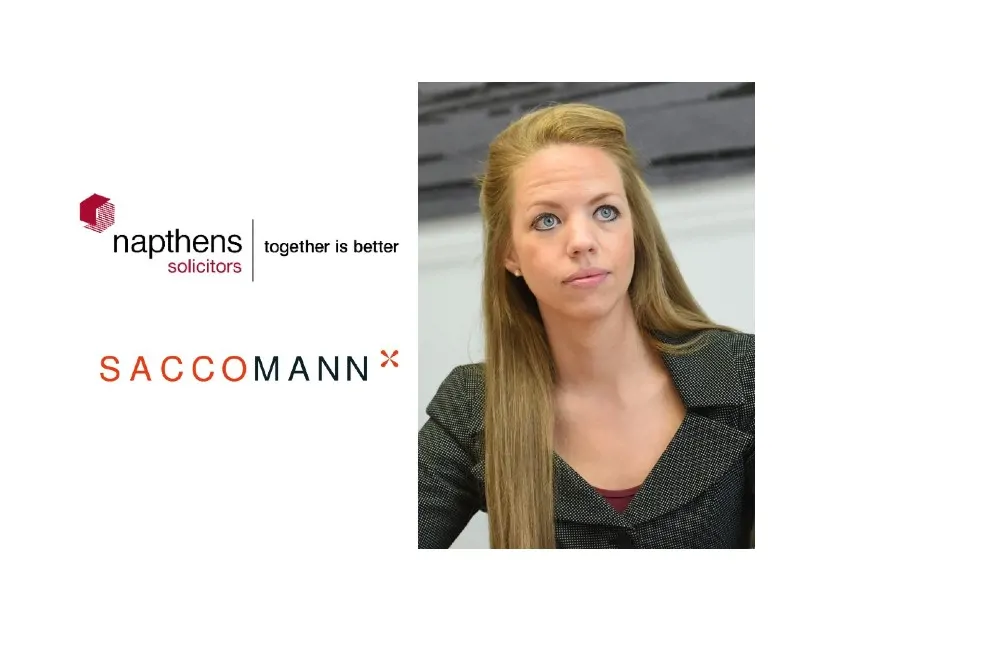Clients
We have seen the industry evolve over the last 25 years and we have changed with it
Why choose Sacco Mann?

- We have built up expertise as a business since 1997 and have one of the most experienced teams in the market.
- Candidates choose to recommend us to their friends and often instruct us exclusively.
- Clients tell us they come to us because we deliver, we are straight talking and that we are effective.

- Clients tell us time and time again that our service exceeds that of our competitors, making us the obvious choice.
- We are so skilled at what we deliver, that 97% of our Clients come back to us again and again for their recruitment needs.
- We possess a unique database for our Clients to draw upon.




Work with a company that excels in excellence and delivers what is required.
- For us, the recruitment process is relatively simple; we do it every day.
- For you, it is a very different story and we never underestimate that.
Valuable resources for our clients
We have collated a range of bespoke resources, featuring insights and tips, with the goal of helping you with all your recruitment needs.
How we help our Clients
Measurable
We have introduced thousands of Lawyers & IP Attorneys to firms to fill job opportunities and / or to provide growth opportunities. We have a particular ability to find people who can make a measurable difference to a firm.
Practical
We don’t just conduct salary surveys; we apply them to individual circumstances. We don’t just advise 'how to interview'; we help Clients to impress each and every Candidate whilst drawing out all the information they need to make an informed and commercially sensible appointment.
Directional
Our privileged perspective of the profession and the way the market is changing provides the insight to enable our Clients to make more informed business decisions.
Supportive
We provide an external and trustworthy sounding board to Clients making their own ‘value judgements’.
Intangible
The dozens of conversations and snippets of information we exchange over years of service provide reliable context which allows busy Partners and Directors to make informed and accurate decisions. We believe in empowering each Client that does business with us.
Intuitive
Over the last 20 years we have repeated and refined our recruitment process so well that it comes naturally to us and in a way that means we can remain consistent.




